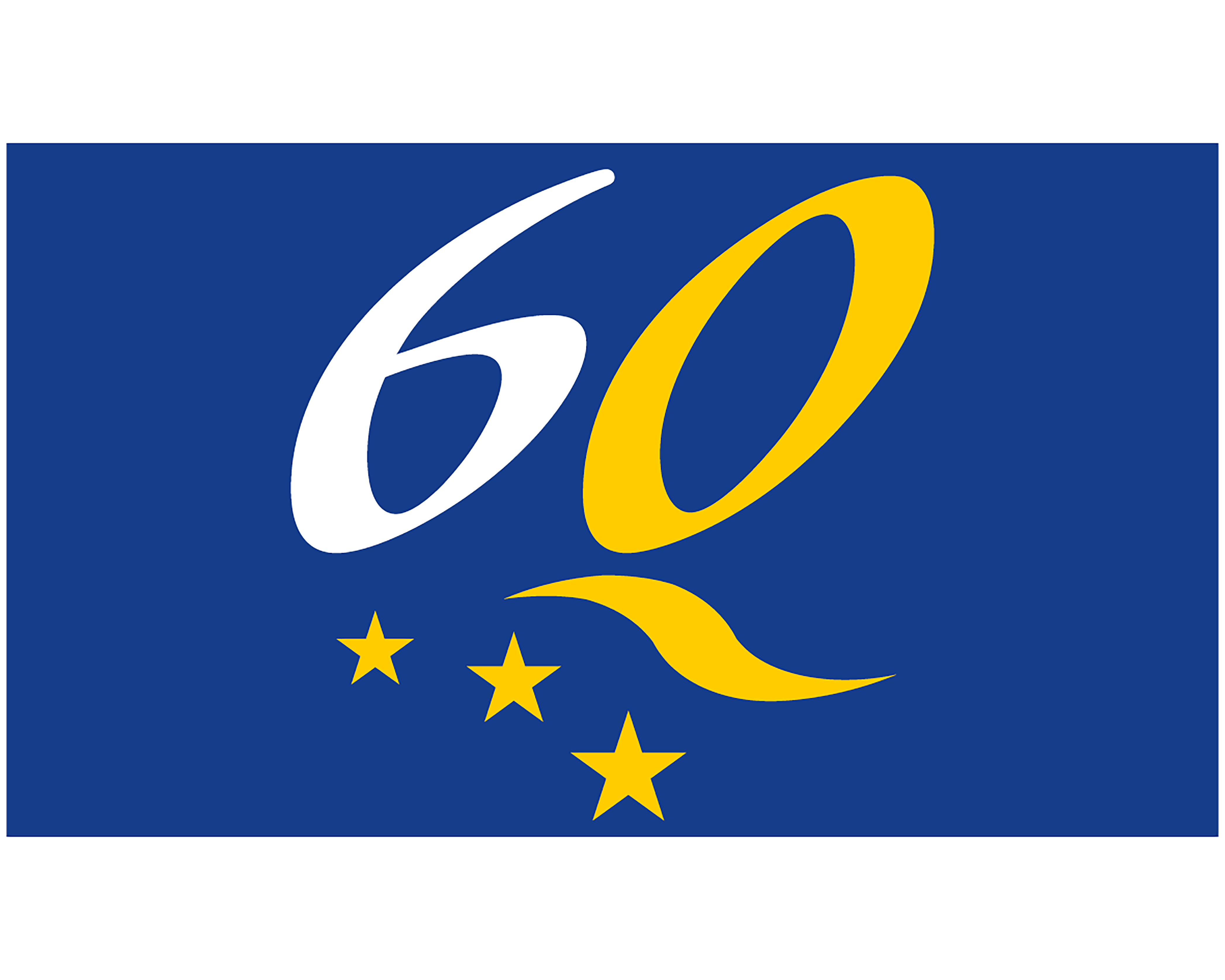Montenegro ratified the Council of Europe Convention against Trafficking in Human Organs on 5 February 2019. The Convention will commence having legal effect in the country as of 1 June 2019. The Convention identifies various activities constituting human organ trafficking which ratifying member states must consider as criminal offences.
Montenegro is the seventh member state to ratify the Convention, which entered into force in March 2018 and is built around the principle of the “illicit removal of human organs”. This is defined as organ removal without free, informed consent from living donors, or from the family of deceased donors, or the receipt of financial gain or comparable advantage by the donor, or a third party, in exchange for the removal of organs.
Subsequent actions involving illicitly removed organs are also considered as trafficking: these include the use of the organs for implantation or other purposes, the illicit solicitation, recruitment or offering and requesting of undue advantages, as well as the preparation, preservation, storage, transportation, transfer, receipt, import and export of organs. The Convention considers any attempts to commit, aid or abet any of the above activities as criminal offences.
Measures to protect witnesses and victims are also included in the Convention, which calls on signatory parties to cooperate in international investigations and prosecutions. It foresees preventative measures, at both national and international level, aimed at ensuring transparency, promoting equal access to transplants and designating national contact points for the exchange of information pertaining to trafficking in human organs.
The Convention against Trafficking in Human Organs has international scope: it is open to any nation and not restricted to Council of Europe member States. It was prepared by the Council of Europe Committee of Experts on Trafficking in Human Organs, Tissues and Cells (PC-TO) under the authority of the Council of Europe’s European Committee on Crime Problems (CDPC), with the contribution of the European Committee on Organ Transplantation (CD-P-TO) and of the Committee on Bioethics (DH-BIO).
Organ trafficking not only represents a risk to individual and public health, but is also an affront to human rights and dignity. By ratifying this Convention member states show their commitment to preventing and combating these crimes that affront basic human rights.



